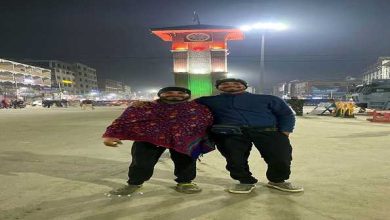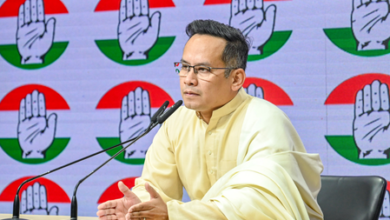
New Delhi, Sep 20: Bucking the trend amid persisting global challenges, the ready-made garment (RMG) exports from the country clocked 11.9 per cent growth in August, compared to the same period last year. The cumulative RMG exports for the April-August period stood at $6,395 million (about $6.4 billion).
The apparel exports kept its growth momentum despite the global headwinds and persisting red sea crisis and other challenges such as logistic cost and global inflation, according to the Apparel Export Promotion Council (AEPC).
Sudhir Sekhri, Chairman of AEPC, said that growing at an average of 7.12 per cent in the last five months (April to August 2024-25), RMG exports have bucked the trends of falling merchandise exports which has touched 13 months’ low in August.
“It is very encouraging to see the resilience of the industry. With focus on product quality as well as environmental and social compliance the industry is poised to take a leap into high growth trajectory and be a major global player of garment exports,” he mentioned.
In recent months, RMG exports have demonstrated an extremely positive trend. The recent surge in RMG exports is a testament to the increasing trust global brands have started reposing on India made products.
“Our exports to Japan, Korea, Australia, Mauritius and Norway have grown by 7.7 per cent, 16.8 per cent, 12.5 per cent, 6.6 per cent and 17.3 per cent, respectively, in the first quarter of this fiscal year,” said Mithileshwar Thakur, Secretary General AEPC.
To further promoter the growth, the Council has asked government for flexibility in fabric import, PLI 2.0 for capacity augmentation, extension of interest equalisation scheme for at least five years with increased rate of 5 per cent for all exporters, Urban Area Employment Encouragement Scheme, Incentive for ESG compliance and level-playing field in important market such as EU.
The labour-intensive sector has all the ability to harness India’s demographic dividend and hence there is a need for the right push and support from the government, especially when the world is looking for options to switch its sourcing from the conventional destinations, due to the changing geo-political considerations, said the AEPC.
–IANS






